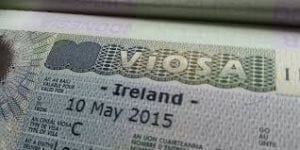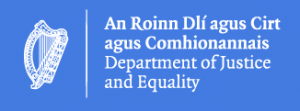DIFFERENT APPROACHES TO COVID-19 VISA APPLICATIONS IN IRELAND AND THE UK
The Covid-19 pandemic has resulted in a vast decrease in international travel, and many people with valid Irish visas are now unable to enter the State during the validity period of their visa.
The Irish Naturalisation and Immigration Service has stated that it will not re-issue visas for new dates at this time, and those individuals who cannot travel to Ireland during the validity period of their visa will need to reapply for an Irish visa at a later date.
This is in contrast to the approach of the UK Government which has published the following announcement:
“If your 30 day visa to travel to the UK for work, study or to join family has expired, or is about to expire, you can request a replacement visa with revised validity dates free of charge until the end of this year.
To make a request, contact the Coronavirus Immigration Help Centre…
You’ll be contacted when our VACs reopen to arrange for a replacement visa to be endorsed in your passport.
You will not be penalised for being unable collect your BRP while coronavirus measures are in place.
This process will be in place until the end of 2020.”
The announcement can be read in full here.
We at Berkeley Solicitors find the approach of the Irish Naturalisation and Immigration Service on this issue to be extremely disappointing and unfair to those individuals who have recently been granted visas for Ireland, many of whom may have been waiting many months to receive a decision on their visa application.
We call on the Irish Naturalisation and Immigration Service to revise their position on this matter and consider adopting a similar approach to that of the UK, allowing those affected to request replacement visas with new validity dates.
If you have any queries about applying for an Irish visa at this time, please do not hesitate to contact our office.








